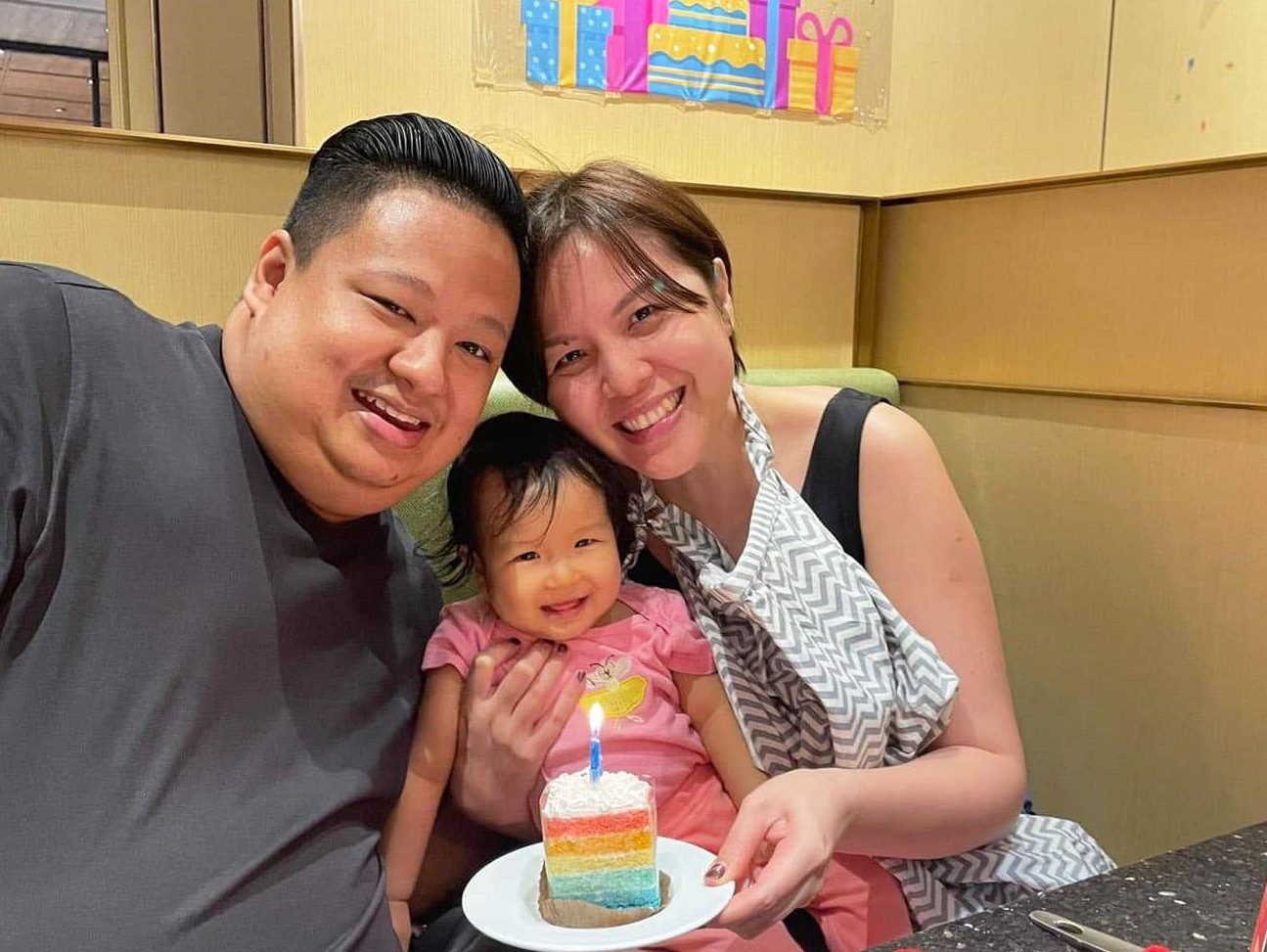
Photo by Paul Lin on Unsplash
As I drank my hot black coffee and read my newspapers this morning, I was quickly drawn to the opinion piece “Marriage, families under stress as norms change”, on Page A32 of the Straits Times. It was written by academics from the NUS Centre for Family and Population Research. By the time I reached the end of the article, I could not help but fear the worst for the future of Singapore if certain policy changes proposed by these two academics become a reality.
Let me explain.
In the article, the authors wrote that in order to “raise marriage and fertility rates, some fundamental cultural shifts and institutional adaptations are imperative”. It went on to state four areas for change.
I agree with the first three, but the fourth literally knocked me off my chair:
“It is necessary to (i) reduce gender inequality both at the workplace and at home, (ii) change the ‘kiasu’ culture by reducing work hours and relaxing pressure for competition for children and adults, (iii) increase longer-term in-kind or direct support for marriage and child-rearing costs, and (iv) to accept a more diverse life circumstances and choices of family types for Singaporeans”. The family types include “cohabiting unions”, “singles” and “same-sex partnering”.
What if the 670,000 babies that were aborted in the last 50 years had been given a chance to live?
The authors also seem to be encouraging cohabitation of young adults as it might lead to marriage (and then children), and relaxing of divorce laws as it “might paradoxically increase marriages if young adults know there is a way out if the marriage does not work out”.
Is making it easier for young people to divorce the solution to encourage more of them to get married? Is the marriage vow just a cheap contract?
Will any marrying couple say “Till death do we part” anymore? Will children grow up in stable and safe homes when parents resort to divorce as an easy “way out” instead of staying on to work things out?
A research published in 2014 by The impact of family structure on the health of children: Effects of divorce states:
“Nearly three decades of research evaluating the impact of family structure on the health and well-being of children demonstrates that children living with their married, biological parents consistently have better physical, emotional, and academic well-being. The best scientific literature to date suggests that, with the exception of parents faced with unresolvable marital violence, children fare better when parents work at maintaining the marriage.”
Should we increase fertility rates at the expense of the needs of children for both a father and a mother? When we bring children into the world to satisfy the desires of adults (such as single parenting by choice and same-sex parenting), are we doing injustice to children by intentionally depriving them of growing up without their mother and father?
The authors said that: “Instead of focusing on the ideal structure of the family, it will serve well for society to be reminded of the original definition of the ‘Singapore Family Values’ – love, care, and concern; filial responsibility; mutual respect; commitment; and communication – which can also be attained in other family configurations.”
This seems to be severely flawed thinking.
Argument lapses
Firstly, how is there love, care and concern for the children when we create and promote family structures that intentionally deprive them of their mother or their father? How is there “mutual respect” when we totally disregard the interests and needs of the children and instead only give weight to the needs of adults?
How are we upholding the value of “commitment” if society encourages cohabitation without need to commit to marriage, and for those who are married, we provide an easy way out for couples to break their marriage vows by “relaxing divorce laws”?
Secondly, the “Singapore Family Values” crafted in the early 1990s are undergirded by the moral values of society. I note that the authors have avoided mention of morality or religion (which has a bearing on moral values).
But I wonder if the academics are aware that what they have proposed go against the belief system and religious teachings of many in Singapore. Are the authors suggesting that religious leaders and parents should encourage cohabitation, having children out of wedlock, and same-sex parenting for the sake of seeing the rise in our fertility rates?
Even if this is not the intention, would religious leaders and parents support government policies that promote such ideas? As a parent, I cannot imagine the Ministry of Education teaching my children or grandchildren that divorce is good for society.
Bold but not reckless
50 years ago, we as a nation pursued economic growth at all costs, one of which was to reduce fertility rates by introducing the abortion laws. Some of us have lived to regret that decision because since then, close to 670,000 babies have been aborted, and we are suffering the consequences of that policy change. (You can read my reflection on the abortion issue here.)
50 years later, this article seems to propose that we as a nation should pursue economic growth at all costs again. But this time, the suggestion is to increase fertility rate by broadening our definition of “family”. Will we live to regret one day?
I heard one Minister say recently that “while we should be bold, we should not be reckless, for this would undo what had worked and undermine the fundamentals in our system”. He was referring to our education system. Well, I would like to borrow it for our family system.
Our families have remained strong because they are built on the family structure and values that empower our nation to thrive over generations. While we should be bold, let us not be reckless.
Lastly, if we do want to be bold, let’s reverse our abortion laws.
I was hoping the academics from the NUS Centre for Family and Population Research would make this bold recommendation to review our abortion laws but sadly I found none. I wonder why.
What if the 670,000 babies that were aborted in the last 50 years had been given a chance to live?
Perhaps reviewing the abortion laws might give us more babies – babies with better life outcomes than alternative family structures.
This article was first published on Jason Wong’s Facebook and has been republished with permission.
We are an independent, non-profit organisation that relies on the generosity of our readers, such as yourself, to continue serving the kingdom. Every dollar donated goes directly back into our editorial coverage.
Would you consider partnering with us in our kingdom work by supporting us financially, either as a one-off donation, or a recurring pledge?
Support Salt&Light




